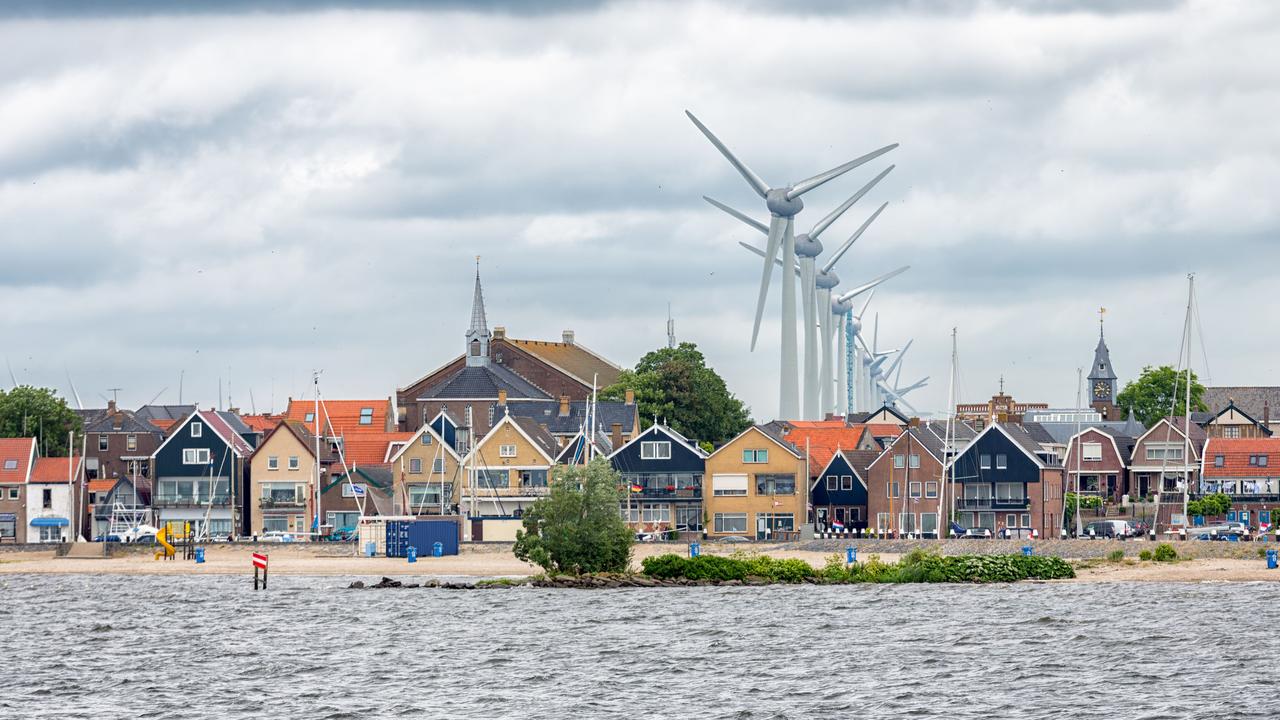System integration involves the integration between links and stakeholders in the energy value chains of a hybrid energy system that uses a wide range of sources and various energy carriers. The challenge is to make the energy system sustainable, reliable, safe and affordable. System integration focuses on coordinating between different sectors and the efficient utilizing of infrastructure as well as generation, conversion, and storage capacity.
Entrance conducts interdisciplinary practice-oriented research in 5 sub-areas:
Playing field: Characteristics of the building blocks in a hybrid energy system, along with the regional and local potential and social profile of residents and other stakeholders.
Field of forces: The interaction between external forces and the energy system, explicitly the effectivity and policy tools are being considered.
Direction: Coordination between entities on different levels and policy for organic expansion of the energy system. Economic achievability is also of importance.
Design: Designing and dimensioning the energy system, primarily focusing on reducing CO2, reliability, safety and affordability, but also on land take, costs and cost distribution, and the organization of the business ecosystem.
Operational Control: Forms of control aimed at reliable functioning (balancing, congestion management, and provisions to mitigate the effect of disruptions), necessary data infrastructure for this, and the relationship with market mechanisms and (semi-)autonomous subsystems.
